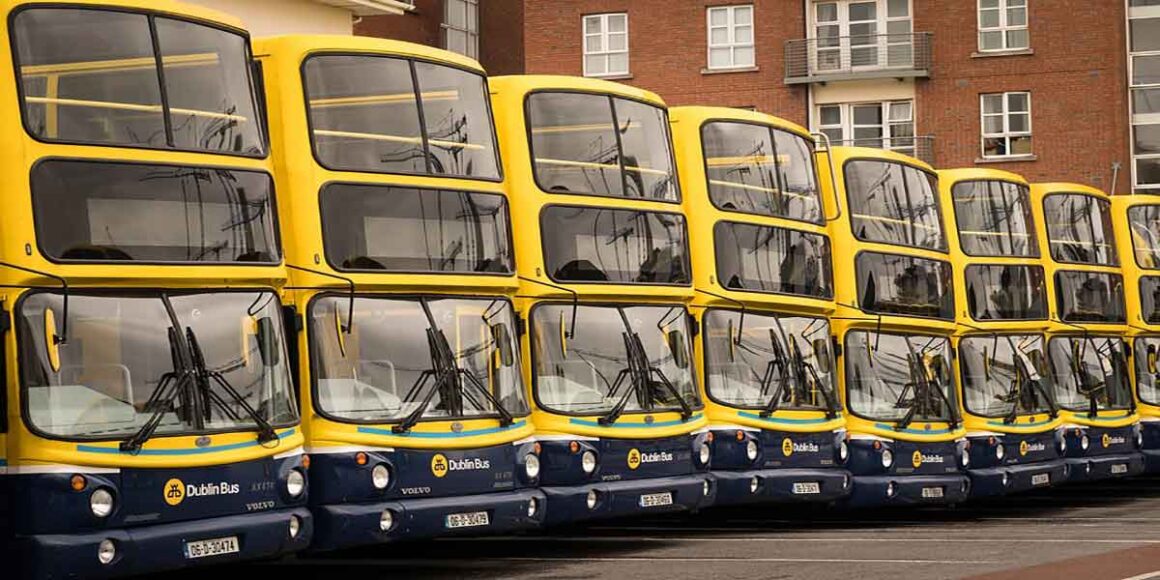

By Jon
Unite Community
IN 1986 Margaret Thatcher’s Tory government deregulated bus services in England, with the exception of London. Since then this “free market” has resulted in fares rising faster than inflation, unreliable services and booming profits for the bus companies. For instance between 2010 to 2018 bus monopolies made £3.3bn profit. Unsurprisingly passenger numbers have also fallen by 50%, by contrast in London where passenger numbers have doubled.
During this period there have been a number of campaigns to improve public transport, each meeting with limited success. In 1997 John Prescott, then deputy leader of the Labour Party, pledged to improve bus services across England. Instead nothing was done despite 13 years of Labour government. Bus services are now even worse after 14 years of Tory rule. This disproportionately affects the elderly, disabled and poorer sections of the working class, whose areas are often worst served.
However there have been some limited progress due to pressure from local and union campaigns. The 2017 Bus Service act gave local authorities the power to franchise and regulate bus services as they are in London, where it has meant improved reliability and routes, reduced fares and lower profits even though bus services are still delivered by private companies. For example First Bus makes 13% profit in West Yorkshire, in London bus companies profit is around 3%.
The government has made franchising difficult to do. Manchester’s Mayor, Andy Burnham, took 6 years to even start the process, with bus companies trying to block it in the courts and foot-dragging by local authorities. For example Tracy Brabin, Labour’s Mayor for West Yorkshire pledged to “bring buses back under public control” at election time but has made slow progress due to her ‘twin track’ approach of developing a voluntary agreement with the bus companies (enhanced partnership) but claiming to also be progressing franchising. This overall continues the approach of previous Labour leaders instead of building a mass campaign that would have garnered huge public support, including supporting striking bus workers.
Any progress made can be put down to the efforts of bus campaigners such as We Own It and Better Buses in West Yorkshire backed by the unions. The campaign was started 4 years ago by a worker fed up with unreliable bus journeys to work and a non-existent service to his village in the evenings. A petition garnered 12,000 signatures, with people queuing up at street stalls to sign it. The finale was a sizable demonstration at the West Yorkshire Combined Authority (WYCA) HQ to hand it in, backed by Unite, GMB, Unison, The National Pensioners’ Convention, bus campaigners and other groups. WYCA’s consultation process was long and complicated so Better Buses created both online and paper versions that made the process more accessible and cut to the chase – “do you want buses publicly run?” As a result thousands of people filled in the WYCA’s consultation, double the responses compared to Manchester. Now Brabin and five council leaders will make their decision on 14 March, with a protest to underline the overwhelming demand for a publicly run bus service.
There are important lessons to be learned from this issue. Firstly it shows the contradictions inherent in capitalism, as capitalists bleat about “improving productivity” but workers often have to turn down jobs as they have no reliable or affordable means to get to work. It also shows that we cannot rely on Labour politicians who will seek to plead with and accommodate the bosses of the big bus multinationals. As reformists they avoid too radical steps, hoping to keep the bosses on board and ‘manage capitalism better’.
So while franchising is a step in the right direction, everyone speaking at the demonstration argued we need a publicly owned and run bus service in the interest of all.
To force such a concession from the capitalists will mean turning the unions to mass working class action. In the end we need a socialist society where public transport will serve the needs of all whether working, retired, disabled or unemployed.